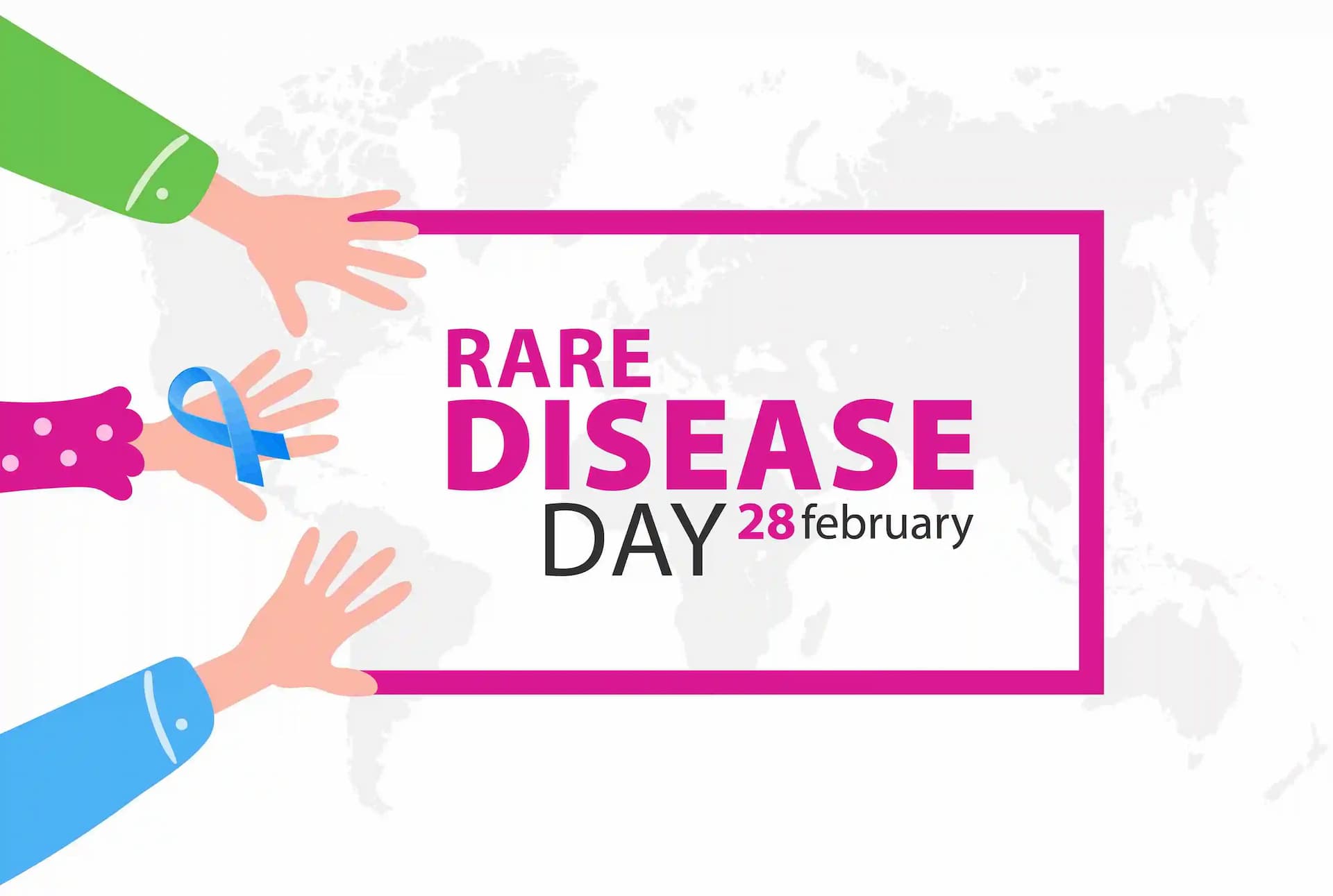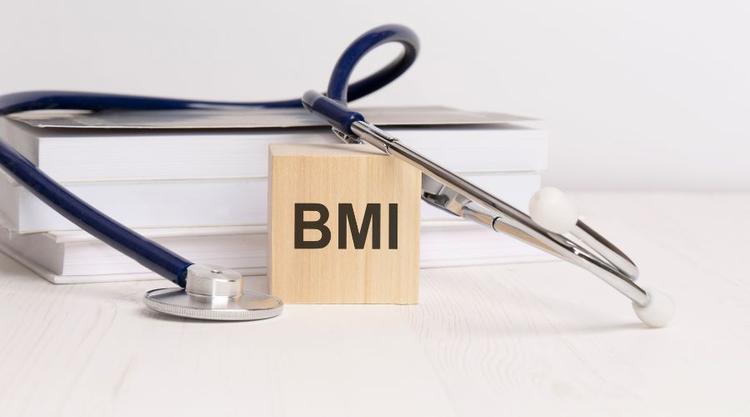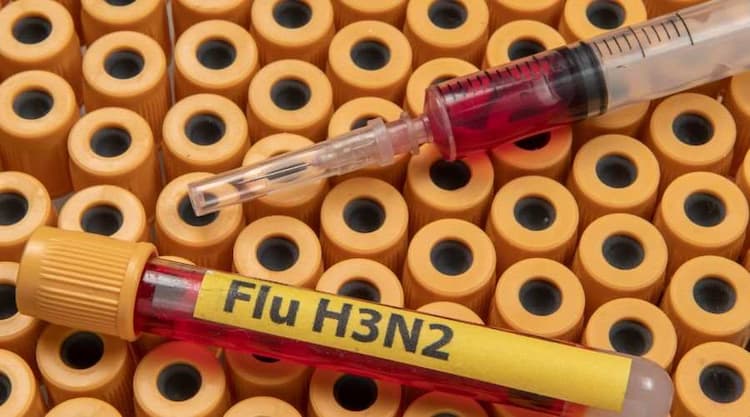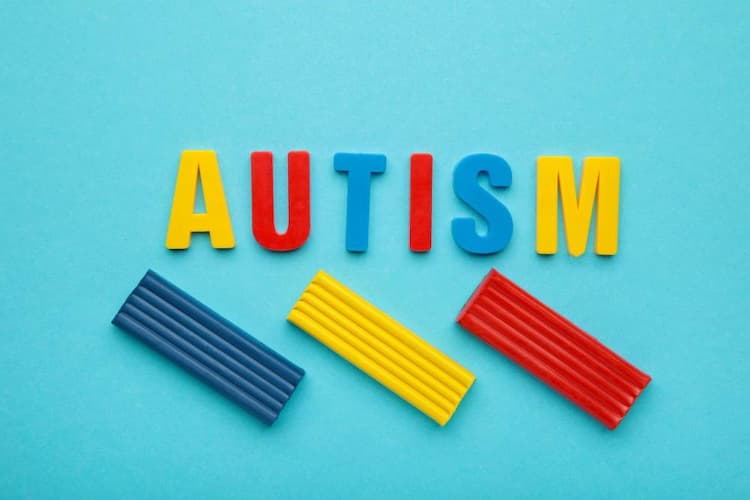Rare Disease Day - Awareness Can Improve Access To Diagnosis And Treatment

Medically Reviewed By
Dr Divya Rohra
Written By Meenakshi
on Mar 1, 2023
Last Edit Made By Meenakshi
on Mar 13, 2024

Every year on the last day of February, Rare Disease Day aims to spread awareness about rare but common diseases. Being aware of the enemy is essential to be ready to fight against it. Therefore, having the correct knowledge is crucial to bring people out of ignorance with a ray of knowledge.
Unlike other diseases that are taking the world by storm, like cancer, heart attack, and stroke, and has plenty of attention, research, or advancement, Rare Disease garners very little attention from the people. And this is what has to be changed. Rare Disease is rare yet common; therefore, everyone must be aware of them.
According to WHO, Rare Disease is a debilitating lifelong disease that affects a small number of people and has a prevalence of 1 or less per 1000 population. As per new scientific research, there are more than 7,000 rare diseases, and over 300 million people are affected.
What is a Rare Disease?
There is no one definition of a rare disease, and different countries define it differently. According to common consideration, a health condition that affects 1 in 2000 people is considered a Rare Disease. To date, around 7,000 Rare Diseases have been identified. All genetic diseases are considered rare diseases, but not all rare diseases are genetic diseases. 72% of rare diseases are genetic & 70% of them start in childhood.
What Causes Rare Disease?
The exact cause of many rare diseases is unknown, but they are often caused due to changes in a person’s genes or chromosomes. However, there are certain environmental elements and factors like exposure to chemicals, radiation, smoking, and excess alcohol that can, one way or another, disturb your genes and increase your risk of rare diseases.
Genetic Testing Makes Diagnosis Of Different Diseases Possible, But Not All
Diagnosing someone with a rare disease is challenging, as the symptoms are common. Genetic testing has made it possible to diagnose various rare disorders, but not all. Over the years, researchers have made considerable progress in diagnosis, treatment, and prevention.
The Status Of Rare Disease In India
India only accounts for 1/3 of the total rare disease globally; therefore, coming to an exact prevalence is difficult. However, approximately 72 to 96 million people in India have Rare Diseases. Of all the rare diseases, the most common are Haemophilia, Cystic Fibrosis, Sickle Cell Anemia, Primary Immune-Deficiency in children, Hirschsprung Disease, Thalassemia, Autoimmune Diseases, Lysosomal Storage Disorders, Hemangioma, some forms of muscular dystrophy.
Role Of Screening
It’s harsh, but only 5% of all rare diseases are treatable, and treatment for 95% is yet to be discovered. Since no targeted therapy is available and the research is in progress, doctors often prescribe functional therapies to alleviate the symptoms. You cannot outrun rare diseases, but with an accurate diagnosis, it is possible to manage the condition better. According to a recent report, it takes approximately 7 years in India, 7.6 years in the US, and 5.6 years in the UK for a patient to receive an accurate diagnosis. In addition, one can expect 3 to 4 misdiagnoses before the final diagnosis, which further increases the suffering of the patients.
Lack of awareness about the disease is the biggest reason we need to bring the appropriate solution to the table. Hence, there is an immediate need to keep more and more people aware of the disease, its diagnosis, and other aspects that can be beneficial in managing it better.
With its nationwide collaboration with medical genetics and researchers, Redcliffe Labs have been discovering and diagnosing new findings from Neuro-Degenerative, Developmental Delay, Cardiovascular, Muscular Atrophy, etc.
In the past 4 years, with our vision to address this segment, we have sequenced more than 10,000 samples from different backgrounds. Moreover, we have been putting in the best efforts possible to keep the cost and turnaround time for these reports to the minimum possible. With more than 50 labs, 1000 collection centers, and a team of genetic counselors and experts, Redcliffe Labs is available nationwide to make diagnosing these cases with the fastest TAT & easier reach possible.
Awareness Is Essential
Rare Diseases are debilitating, and limited knowledge doubles the challenge. Its symptoms resemble several common conditions, which leads to delay in diagnosis or misdiagnosis. Even after a diagnosis, treatment of about 95% of rare diseases is yet to be discovered, often very expensive and not even available in specific regions. Awareness can make it possible for everyone to be aware, be attentive, understand the value of early diagnosis, and encourage policymakers to increase access to services, research, and fund for rare diseases. Moreover, awareness can curb the discrimination faced by those suffering.
Highlighting the impact of the disease on patients’ lives and spreading awareness among others about its early signs & symptoms, encouraging them to consider diagnosing and getting the proper treatment is the only way to make Rare Disease Day successful.



